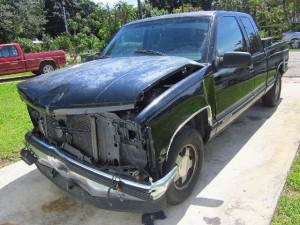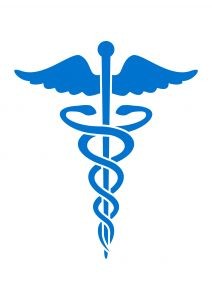The belief that a physician’s prescription must accompany every petition for benefits seeking authorization of medical care has taken on religious doctrine status. This blog attempts to debunk the doctrine.
A petition for benefits is the workers’ compensation equivalent of a complaint in the civil law arena. It is the vehicle used to initiate litigation against the employer and its insurance carrier (E/C).
Section 440.192, Florida Statutes outlines the information that must be identified or itemized in every petition for benefits. Its purpose is to enable E/C to make informed decisions.
Section 440.192(2)(i) is the section on which the misguided doctrine is based. It reads as follows:
The type or nature of treatment care or attendance sought and the justification for such treatment. If the employee is under the care of a physician for an injury identified under paragraph (c), a copy of the physician’s request, authorization, or recommendation for treatment, care, or attendance must accompany the petition.
Practitioners and judges have come to interpret this section as requiring a doctor’s written request with every claim for medical care. They interpret the two sentences as being intertwined. E/C will file a Motion to Dismiss every time a claim for medical benefits is filed without a physician’s written request.
I disagree with this commonly accepted interpretation. I believe that each sentence stands alone and applies to different scenarios without any overlapping application to the other.
 Florida Injury Attorney Blawg
Florida Injury Attorney Blawg







